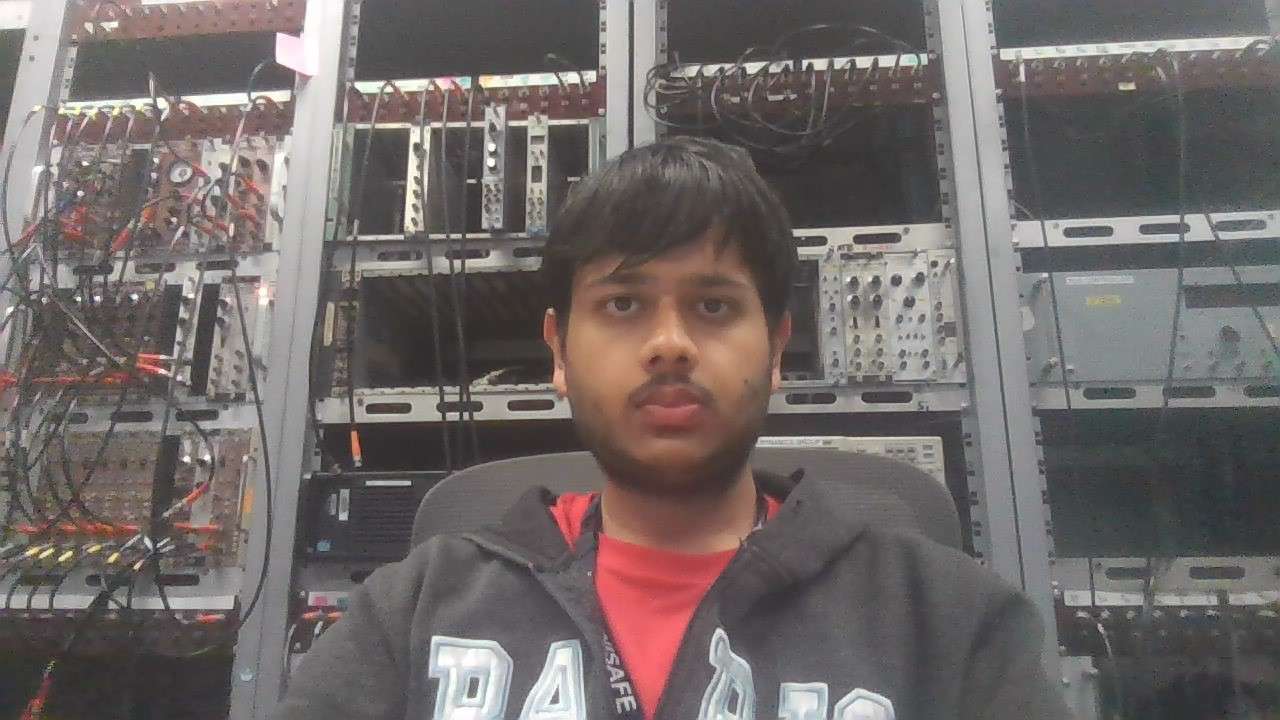High resolution gamma-ray spectroscopy is one of the powerful tools in the field of experimental nuclear research, and have been extensively utilized to study innumerable aspects of nuclear structure and reaction dynamics. The present study will provide a detailed insight on the working principle of gamma detectors, and utilization of this detector in extracting various properties of atomic nuclei. The primary aim is to study the fundamental characteristics of a typical segmented High-Purity Germanium (HPGe) detector, and thereby understand the importance of large array of Gamma detectors. Large array of Gamma detectors comprising of different types of segmented HPGe detectors holds the future of Gamma-ray spectroscopy measurement technique across the globe.
Tasks
• Understanding the working principle of Gamma detectors, especially HPGe detector
• Installation of computational software required for Gamma-ray spectroscopy technique
• Characterization of composite High-Purity Germanium (HPGe) detector
• Performing energy calibration and efficiency estimation of detector with standard sources
• Study the performance of specific Gamma detectors – Clover
Preliminary schedule by topics/tasks
The duration of this project is 6 weeks.
Week 1 – Introduction lectures, reading the articles, defining the motivation of project
Week 2 – Installation of required software; Introduction to gamma-ray spectroscopy technique
Week 3, 4 – Work and analyze real experimental data
Week 5, 6 – Extraction of results and preparation of the INTEREST program report
Required skills
• Interest in the field of experimental nuclear physics; Knowledge of basic properties of atomic nucleus
• Basic knowledge of Linux operating system (Personal computer is required to install software)
• Interest in computer programming and coding (Familiarity with any programming language)
• Familiarity with LaTeX (Preferred) and proficiency in English
• Knowledge of the principle of nuclear detectors will be an added advantage
Acquired skills and experience
• Exposure to the field of experimental nuclear physics; Gamma-ray spectroscopy
• Hands-on experience in working and analyzing high resolution spectroscopic data
• Development of mindset for research, problem solving mentality
• Acquiring knowledge about the fundamentals of nuclear detectors
Recommended literature
1. K. S. Krane, Introductory Nuclear Physics, John Wiley and Sons, Canada (1988)
2. G. F. Knoll, Radiation Detection and Measurement (3rd edition), John Wiley and Sons, United States of America (2000)
3. P. K. Joshi et al., Nucl. Instr. and Meth. in Phys. Res. A 399, 51 (1997)
4. G. Duchene et al., Nucl. Instr. and Meth. in Phys. Res. A 432, 90 (1999)
5. M. S. Sarkar et al., Nucl. Instr. and Meth. in Phys. Res. A 556, 266 (2006)
6. Aniruddha Dey et al., Phys. Rev. C 103, 044322 (2021)




